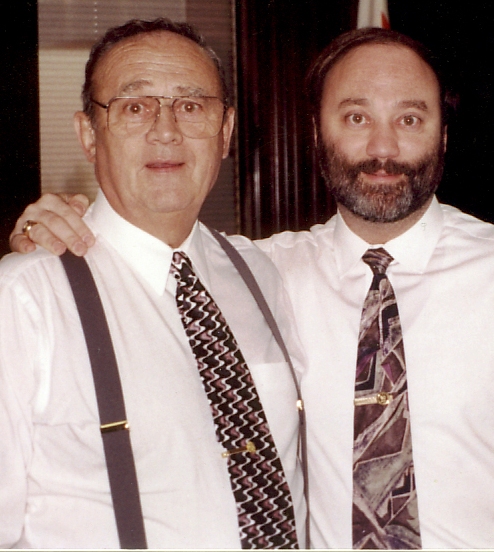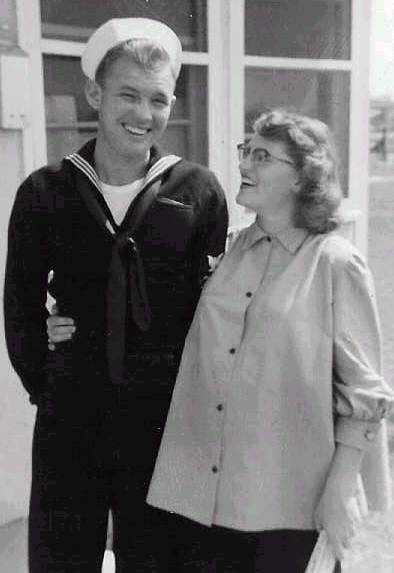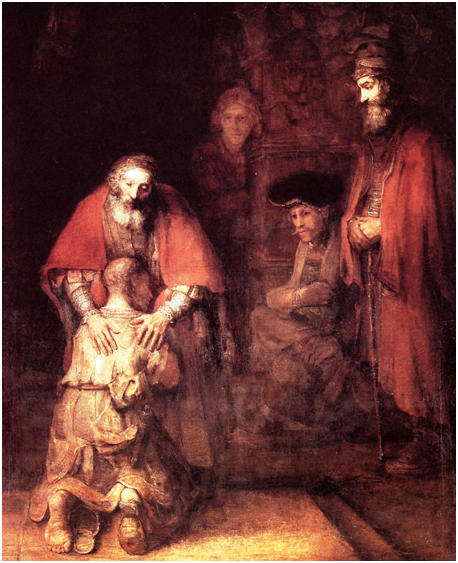Dear Brothers and Sisters in Christ,

June 16 is Father’s Day in the USA. As it approaches, I find myself reminiscing about both my dad, Joseph Tkach, Sr. and my wife’s dad, Don Hall. I look at pictures of them as well as my grandfathers, all of whom have joined with God in eternity.

Though I have visited Greece where my mother’s father was born, I have not yet visited Eastern Europe or Russia from where my dad’s folks immigrated. Doing so is on my “bucket list.” I want especially to visit the St. Petersburg Hermitage Museum to view Rembrandt’s famous painting, The Return of the Prodigal Son. This masterpiece (pictured below) is over eight and a half feet tall and six and a half feet wide. Apparently, this gives the viewer an experience similar to a Cinemax movie—you are invited into the action rather than just watching from outside. Some people spend hours looking at the painting.

Rembrandt’s painting captures, in a remarkable way, the essence of Jesus’ well-known parable recorded in Luke 15. While the wayward son in the parable was “still a long way off,” his father saw him and “was filled with compassion” (verse 20). The Greek conveys the idea of an inward movement of concern and mercy. This moved the father to run to his son where he “threw his arms around him.” Rembrandt’s picture vividly portrays this warm embrace, which was extended to the son before any words of repentance could be spoken.
The God portrayed by Jesus in the parable and by Rembrandt in the painting has a heart that is quite different from that shown by many religious folk. They are like the older son in the parable who was jealous of the gracious affection showered on his returning brother.
Rembrandt depicts this “unprodigal” older son as a drab, almost ghostly figure, lurking in the background, almost out of the picture. He is upset at the extravagant outpouring of love and grace on someone who surely does not deserve it. He feels alienated, not only from his brother, but from his father too.
My dad had a favorite saying, “If you don’t feel close to God, you must ask yourself—who moved?” Our Father in heaven is one who is always working to close the distance—in fact, he runs to close the distance. This is the Father who Jesus came to reveal.
Jesus taught us to think that way. Peter, reflecting an attitude like the older son once asked Jesus, “Lord, how often shall my brother sin against me and I forgive him? Up to seven times?” Jesus said to him, “I do not say to you, up to seven times, but up to seventy times seven” (Matthew 18:21-22 NASB). This is forgiveness without limits.
God’s grace challenges our sense of righteousness and calls us all to respond, whether we think of ourselves as the repentant sinner or his (self) righteous brother. God’s incomparable, limitless grace obliterates our need to judge who is more worthy to enjoy the benefits of God’s kingdom. We all need mercy and grace rather than the justice of rewards and punishment.
Please receive this painting by Rembrandt as my Father’s Day card to you. May it help you appreciate more deeply the love between a father and his children. May it also encourage us to seek to repair any damaged relationships. In doing so, we will come to understand even more the deep love our Father in heaven has for us. All of us.
Your brother in Christ’s service,
Joseph Tkach
PS: In next week’s Update, we’ll publish the final installment in Gary Deddo’s helpful series on interpreting Scripture. I hope this series is a blessing to you. I know that many pastors make copies to share with their members.



Thanks for the card, Joe. You added more insight to one of my favorite passages.